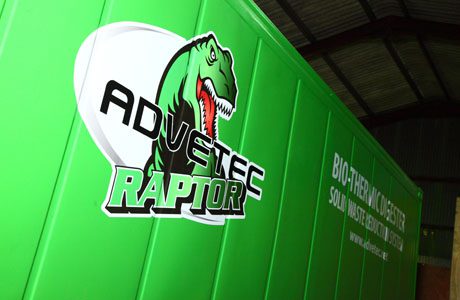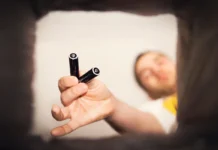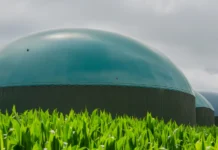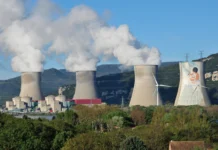
Advetec, a UK specialist in the treatment of solid and liquid organic waste, has launched a new, enhanced version of its high temperature aerobic digestion process to reduce organic content in difficult-to-handle mixed solid waste – and to reduce trommel fines from municipal black bag collections by as much as 70%. By reducing the waste volume and extracting most of the water, the machines will significantly reduce waste disposal and transportation costs and provide opportunities for reuse, according to the firm.
The Rapid Thermal Organic Reduction system, or ‘RapTOR’, a development of the company’s successful Bio-Thermic Digester (BTD), has been reengineered to increase throughput and extend the range of difficult waste streams that can be processed. These include sewage sludge, food waste, mixed solid waste (MSW) and organic fines, digesting organic content during a 72-hour cycle.
The process is said to be particularly suited to co-mingled waste where it is not possible to separate out organic residues, an increasing issue for waste management companies facing rising landfill penalties and pressure for a total ban on organics going to landfill. Waste volumes with the next generation RapTOR have been increased and sustainable reductions between 45% up to 95% have been achieved depending on the waste stream.
How it works
At its heart is a cocktail of extremophile bacteria and specially developed nutrients which thrive at high temperatures, rapidly digesting any organic material and extracting clean water to leave a waste product that can be used as RDF (Refuse Derived Fuel) or as a soil improver, depending on the input waste stream.
Enhancements to the RapTOR include a new heat and moisture recovery system, to improve biological efficiency and reduce running costs. This takes heat generated by the exothermic process and re-used to sustain the high temperature environment for the bacteria. Consequently, operating costs drop after the initial start-up procedures. Water from steam is then condensed out and filtered for use in irrigation, cleaning or further processing. Moisture extraction and odour control are now built in to the systems as standard on all machines over 1 cubic meter per day waste volumes.







